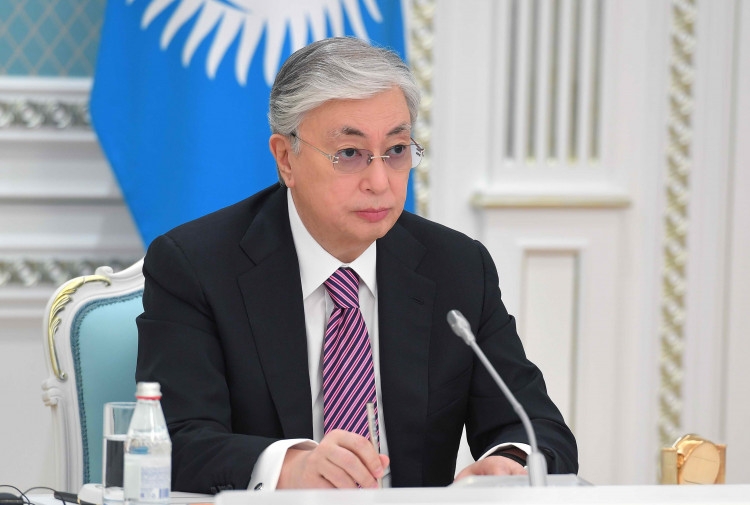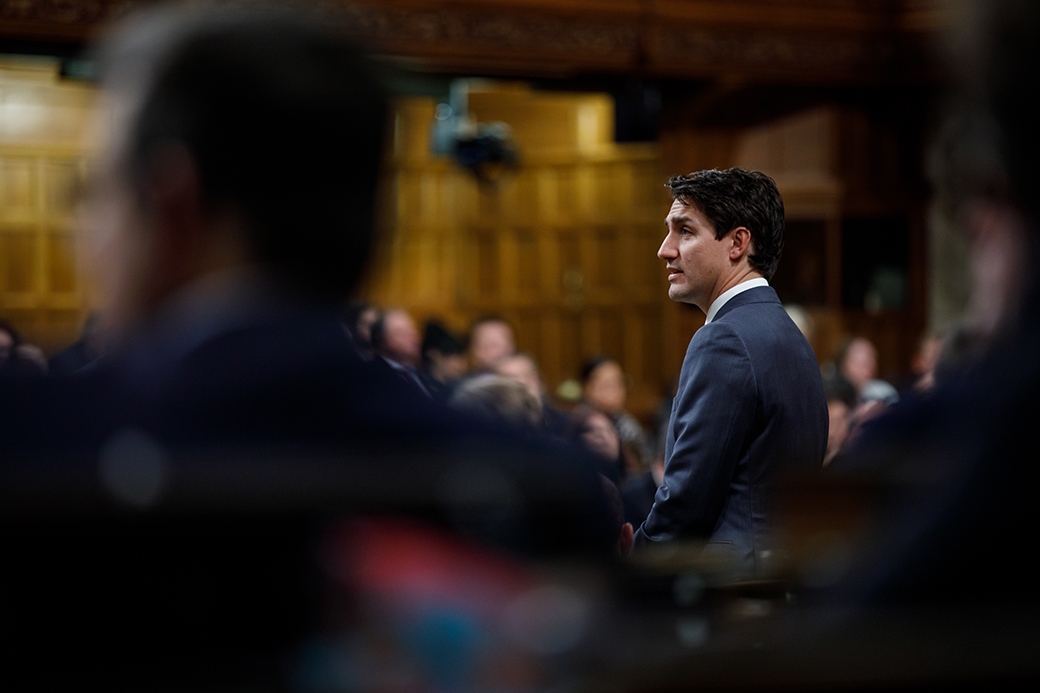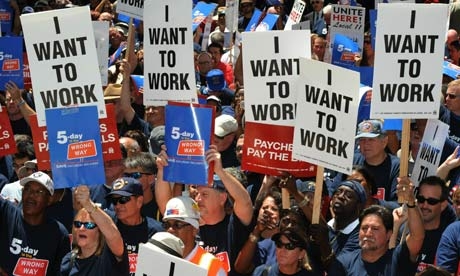
Polling is an imperfect science, volume 10,672
One of my all-time favourite scenes in the West Wing was a short interaction between Josh Lyman and Will Bailey.
Josh: 68 per cent think we give too much in foreign aid, and 59 per cent think it should be cut.
Will: You like that stat?
Josh: I do.
Will: Why?
Josh: Because 9 per cent think it’s too high, and shouldn’t be cut! 9 per cent of respondents could not fully get their arms around the question. There should be another box you can check for “I have utterly no idea what you’re talking about. Please, God, don’t ask for my input.
You can see the clip here. It is genius.
I think the reason this particular exchange has always appealed to me is that it is absolutely reflective of my own experience over a couple of decades in political life. Like, 100 per cent on point.
So when I saw this story from Angus Reid earlier this week, I immediately thought about Josh.
Canadians to Ottawa: In hiring next GG, cut pay, review job description, take final decision out of PM’s handshttps://t.co/5JtGDxfzaU pic.twitter.com/0FKZNVnQEZ
— Angus Reid Institute (@angusreidorg) February 18, 2021
First, as I’ve asserted many times in many places, I am an unabashed, avowed, incurable monarchist. Not only do I think the incumbent makes that an easy thing to say, the Trump years in the U.S. (and let’s be clear, the underlying problems associated there with have not just gone away) proved beyond any reasonable doubt in my mind that ours is the better system, the odd George III or Edward VIII notwithstanding.
So yes, we live in a democracy and the will of the people matters.
But we live in a constitutional monarchy/representative democracy and so the explicit arrangement is that the will of the people only really matters at elections when they delegate day-to-day decision making to their MPs (who in turn support a cabinet and PM who execute the governing of the country on behalf the Crown).
(As Sir Humphrey used to say on the popular BBC show Yes, Minister: “This isn’t a democracy – it is a British democracy!” The implications are pretty clear but still amusing.)
As a result, the intricacies of the role of the Governor General and their relationship with the Sovereign, “the Crown”, the government of the day, the Prime Minister, the Canadian Armed Forces (CAF) and Canadians at large are very poorly understood by most voters – and a majority of MPs and reporters, fwiw.
So this is where polling falls down: if you’re asking people who they intend to vote for, great. If you’re asking broad, policy based questions that are germane to which candidate/party they intend to support at the next election, that’s useful information.
But asking average citizens about policy minutiae is a recipe for lunacy. Again, 9 per cent think we spend too much on foreign aid but don’t think it should be reduced.
Asking detailed questions about the ins and outs of constitutional monarchy is almost certainly even less likely to produce reasoned, logical answers than asking about foreign aid. This is at least doubly the case when you’re asking the public in the wake of a scandal at Rideau Hall and at a time when most people are feeling serious additional financial pressure at home.
It isn’t difficult to understand that instinct: when things are tough in your own life, it is hard for most people to see value in a bunch of pomp and ceremony, a fancy house and some convoluted titles. But believing there is nothing more to being Governor General belies a pretty massive lack of understanding about our system.
So back to the complicated role of the GG. I would be shocked if most poll respondents could even partially correctly articulate how the constitutional divisions of powers between the GG, the Crown, the Executive and Parliament. Hell, the poll questions talk about the PM appointing the GG! Not even that is right! The PM recommends the appointment to the Sovereign and she appoints them. That is not the trivial distinction some might suggest.
When it comes to the GG, there are essentially three elements to the gig that matter: embodying the Crown, acting as Commander-in-Chief of the CAF and the general PR stuff, including honours, awards, patronages and so on.
The first is by far the most important. All legal power in Canada flows from the Crown. The Crown is a legal entity, not an individual. The Sovereign – the individual – delegates the power of the Crown (though much debate exists as to the extent or absolute-ness of that delegation) to the Governor General. The GG is then able to exercise those powers on behalf of the Crown.
What does that mean? Well, on a regular basis it takes two forms: first, the Crown is one of the three constituent parts of Parliament (along with the House of Commons and the Senate) and all legislation must be agreed to by all three elements in order to become a law. The second is in the assent to Orders in Council. These are all decisions made by the Prime Minister and Cabinet. They range from approving regulations to appointing a host of government officials to just about every other decision the Executive makes. And those are formally known as orders of the Governor General in Council.
Simple, right? And that’s only one of the three buckets that comes with the job!
And here’s what really drives me crazy about the “let’s dump the Governor General crowd”: every single one of those things would still need to be done by someone regardless! Or several someones!
To be clear, that’s an option. In the US the President is both the head of state and the head of government. In other republics (Ireland, Israel, France) the President is the head of state and the PM the head of govenrment with some agreed division of powers.
But in each system the functions currently performed by the GG in Canada are done by . . . someone.
And one of the real ironies of the poll linked above is that over 90 per cent of the respondents want the PM’s power to recommend an appointment taken away, presumably because they think the PM is too powerful.
Who the hell do think would be the beneficiary of those additional powers stripped from the GG?? A classic example of Josh’s nine per cent if I ever saw one.
Should there be some robust discussion about the process for appointing Governors General, Lieutenant Governors, Senators and others? Sure. Was Stephen Harper’s previous Advisory Committee on Vice-Regal Appointments probably a useful vehicle that Trudeau should have kept? I think so.
But more than anything – and especially if anyone wants to try to settle these complicated questions through polling – should there be a renewed effort to teach even basic civics in Canadian schools? Clearly yes!!
Photo: Pixabay









